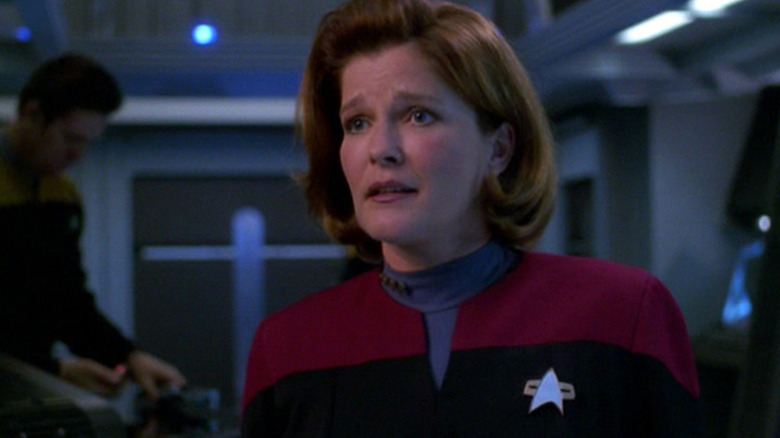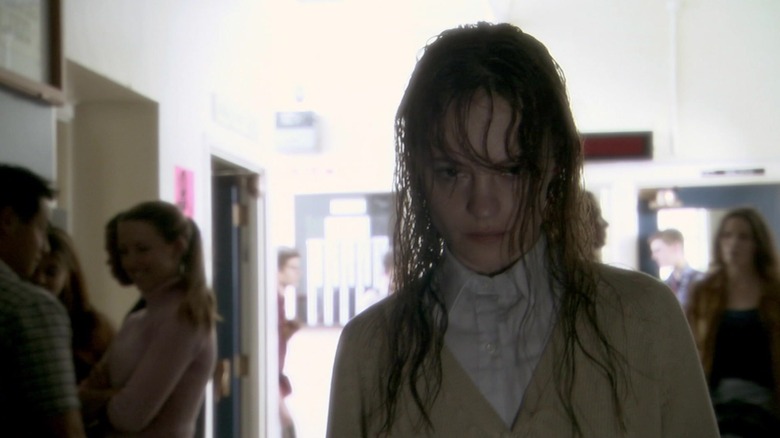
In 1976, Brian De Palma mounted the first film adaptation of a Stephen King novel with “Carrie.” This was long before the author was a household name, so there was no noticeable hue and cry over the alterations the filmmaker made to the narrative. Even if some literalists did throw a fit over the film not being an overly-faithful recreation of King’s original story, most fans of the book to this day will tell you that De Palma and screenwriter Lawrence D. Cohen served up with admirable concision a movie that is enthrallingly true in spirit to the tragic journey of Carrie White.
It might be hard for many to imagine someone making a better movie out of “Carrie” than a filmmaking legend like De Palma, but there’s always room for different interpretations of a great novel. After all, there are multiple classic adaptations of Louisa May Alcott’s “Little Women” (including Greta Gerwig’s 2019 version) and several worthy takes on multiple Jane Austen novels (namely “Pride and Prejudice” and “Emma”). Hire a great writer to tackle a great piece of material, and there’s reason to believe you’ll at least get something of value, if not greatness.
So why, when NBC commissioned one of the best writers to ever come out of the “Star Trek” universe to take on “Carrie,” did this immensely talented scribe roll snake eyes?
Star Trek veteran Bryan Fuller adapted Stephen King’s Carrie into a mostly forgotten TV movie
Bryan Fuller is more than the celebrated writer responsible for many great episodes of “Star Trek: Deep Space Nine” and “Voyager.” He’s also the creator of cult TV classics “Pushing Daisies” and “Hannibal.” Way more often than not, Fuller hits the mark. So how did he slip up with the 2002 TV movie version of “Carrie?”
It was damned from the beginning when, according to Fuller in an interview with Comic Book Resources, the studio (MGM) only allowed the network (NBC) access to the property if it’d agree to treat the movie as a backdoor pilot for a “Carrie” series. NBC acquiesced, but, in Fuller’s view, the network was never serious about going further than the movie.
This doesn’t mean Fuller regrets writing the film. In the interview with CBR, he revealed that the unrealized series would’ve found Carrie and sympathetic classmate Sue Snell (played by Amy Irving in De Palma’s movie) driving across the country with a paranormal investigator (Jasmine Guy) in hot pursuit. He’s also pleased that the movie portrayed Carrie as somewhat more defiant than she is in De Palma’s film. While I think the TV movie misses the mark in a lot of ways, I will agree with Fuller that star Angela Bettis is absolutely fantastic as a very different kind of Carrie White.
The most notable difference between De Palma’s adaptation and Fuller’s is the plot. Whereas De Palma and Cohen streamlined, Fuller adapted the back-and-forth structure from King’s novel. He’s basically trying to replicate the news-clipping format of the book, which doesn’t really work in a condensed two-hour narrative. But it is instructive! If the best that can be said of Fuller’s “Carrie” is that it boasts a stunning performance from Bettis and works as a why-being-extremely-faithful-is-bad adaptation lesson, that’s a damn sight better than what the godawful TV movie take on “The Shining” has to offer. And if you think we’re done with “Carrie,” /Film’s BJ Colangelo believes we’re still waiting for the first proper adaptation.



Leave a Reply